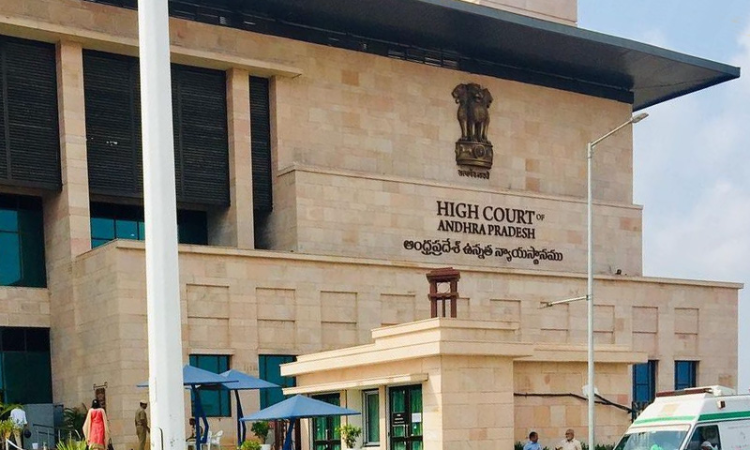Denial Of Equal Pay For Equal Work Offends Articles 14 & 21 Of Constitution: Andhra Pradesh High Court
EKTA RATHORE
11 Aug 2022 3:00 PM IST

Next Story
11 Aug 2022 3:00 PM IST
The Andhra Pradesh High Court has overturned the State's decision to not increase the remuneration granted to Computer Assistants engaged on contractual basis in various district courts of the state, attached to the post of data processing officer, with effect from 01.04.2019.A division bench of Justice A.V. Sesha and Justice G. Ramakrishna Prasad held that having extended the benefit of...
